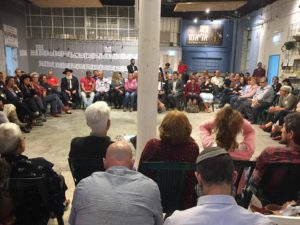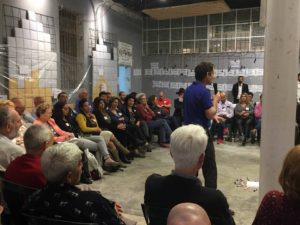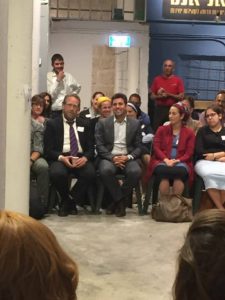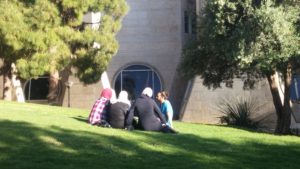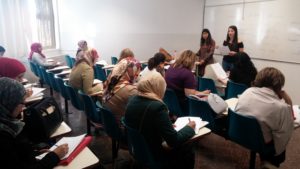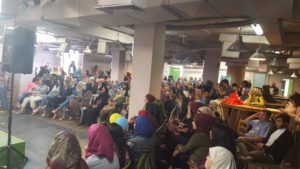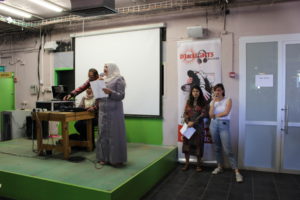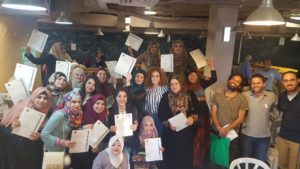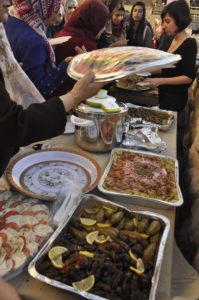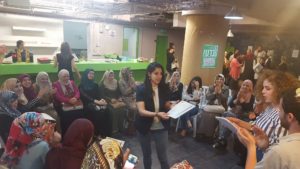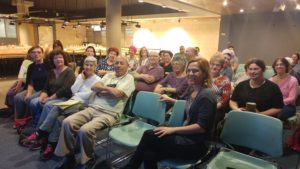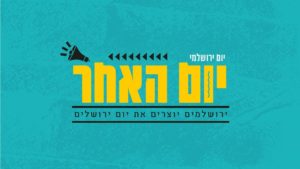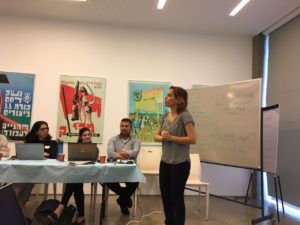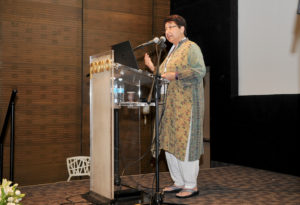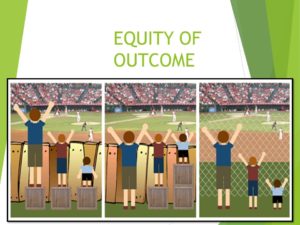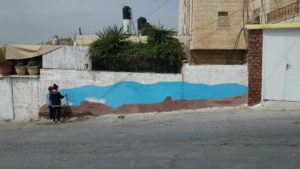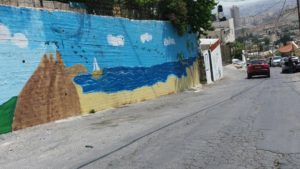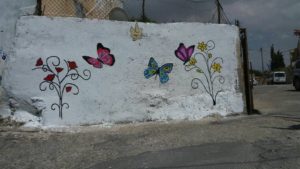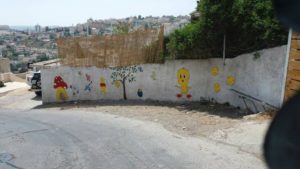The Little Prince – Rolling Up Our Sleeves
We all have our differences but one thing that unites us – Arabs, religious, secular and Haredi Jews – is garbage. After years of working in the neighborhoods and speaking with residents from all populations about what they want to change, one thing always comes up – and it’s garbage. Inspired by the successes of our MiniActive project and its ‘We won’t live in filth!’ campaign, the Little Prince project seeks to help all communities in Jerusalem deal with their garbage.
An initial meeting was held in March at our offices on Mount Zion, which set the tone for this unique project. A true mix of the Jerusalem population – 1/3 Arabs, 1/3 secular/ religious Jews, 1/3 Ultra-Orthodox Jews – came to draw the broad strokes of the project.
On Wednesday, May 3, we rolled up our sleeves, and got down to work.
150 people came – 150 people who care about garbage! This included deputy mayors, the Haredi Deputy Mayor who is in charge of sanitation, the professional director of the municipal sanitation department, a number of members of city council, both from the coalition and from the opposition, lay leadership from a range of community centers, active residents, and more. Indeed, since the meeting they’ve been true to their word, helping us to help residents take care of our garbage.
“I’m participating this evening…in an amazing initiative of the Jerusalem Intercultural Center,” wrote Deputy Mayor Ofer Berkovich. “Those who dream of making a change in the field of clean streets in Jerusalem.” Here’s his Facebook post (Hebrew):
Yael Yechieli, Director of Jewish Pluralism programs at Shatil, happened to be in the Beit Alliance building, lecturing another group about activism. “I was telling them that the first condition for activism is when something gets you mad. The second condition is that other people tell you that you have no chance of succeeding and you ignore them. Then I remembered about the meeting and went downstairs to see more than 100 people, who had gotten mad about dirty streets, and who had been told that there’s no chance they’d succeed. What a wonderful coincidence.”
Here’s her Facebook post (in Hebrew):
This project is unique in that, on the one hand, it encourages different populations to work together. On the other hand, much of the work is done within individual communities. The initiatives are as diverse as Jerusalem’s populations – there are those aimed at individuals, those aimed at neighborhoods, those aimed for implementation citywide. There are those that deal with specific aspects of keeping the city clean (signs, garbage cans), and there are those that are more general (developing an interactive app). Each participant can choose whether he or she wants to work with the ‘other,’ solely advance his or her community, or do both. The true beneficiary – all Jerusalemites. Here are some examples of projects that are being advanced:
- Connecting – connecting residents with municipal workers through creating a mobile app that will connect and update all factors involved – municipal departments, residents,
- “Two Pieces of Garbage” campaign – a public awareness campaign to encourage each resident to pick up at least two pieces of garbage a day
- Adopt a street
- Adaptation of street cleaning according to special needs in East Jerusalem
- Our Signs – ensuring that public signage is clean and free from defacing
- Twinning neighborhoods – enabling two neighborhoods that are similar in character to plan and brainstorm together
- Clean Neighborhood Committees in individual communities
- Adopting public sites by local schools
- Public awareness campaign, “Leave it the way you found it,” on returning garbage cans to their place, with the lids down
- Increasing reports to 106 municipal hotline
- Community cleaning events
- Increasing recycling
Keep updated here for more updates on this amazing program.

